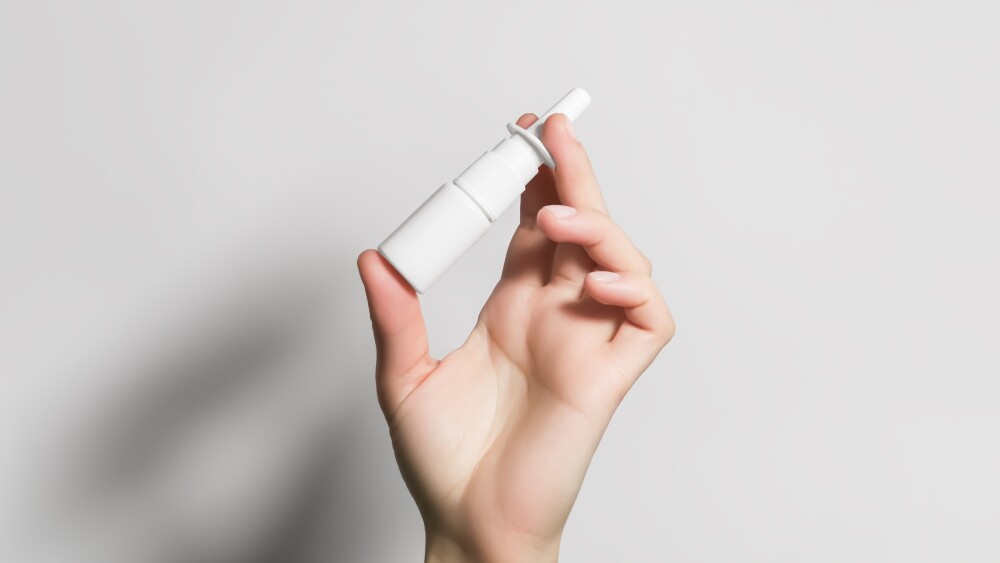January 27, 2015
By Mark Terry, BioSpace.com Breaking News Staff
The recent outbreak of measles originating at Disneyland has brought to light a False Claims Act complaint in 2010 against vaccine manufacturer Merck & Co. .
Two virologists who worked at Merck, Stephen Krahling and Joan Wlochowski, filed a suit that was unsealed in 2010 accusing the company of falsifying its mumps vaccine test results to hit an efficacy rate of 95 percent. According to the scientists, Merck added animal antibodies to a blood sample to give the impression of increased antibodies.
Specifically the suit stated, “In an effort to maintain its Food and Drug Administration (“FDA”) approval and exclusive license to sell the vaccine, Merck has used improper testing techniques and falsified test data to fabricate a vaccine efficacy rate of 95 percent or higher. This is the efficacy threshold on which the FDA insists for its licensing and approval of the vaccine. In truth, the efficacy rate of Merck’s mumps vaccine is, and has been since at least 1999, significantly lower than this requisite threshold.”
The first court case United States v. Merck & Co. is based on Krahling and Wlochowski’s accusations.
There is, however, a second court case, Chatom Primary Care v. Merck & Co., that utilizes the same evidence. This is a class action lawsuit filed “against Merck for unlawfully monopolizing the U.S. market for Mumps Vaccine by engaging in a decade-long scheme to falsify and misrepresent the true efficacy of its vaccine.”
There is also a third whistleblower, a Center for Disease Control & Prevention (CDC) scientist, William Thompson, who participated in an MMR vaccine study in 2004. In what is likely to be a controversial case, Thompson indicates they covered up data suggesting high rates of autism in African-American boys who received the MMR vaccination. The CDC and the lead author of the study, Frank DeStefano, say they stand by the original study results. He says he will, however, review his notes. The autism analysis has been refuted is highly questionable.
The Disneyland measles outbreak has hit 87 cases so far. The majority of those infected were not vaccinated, in some cases because they were children under the age of 12 months. Six of the cases were in individuals who received the vaccine.
The CDC indicates that the MMR shot is 97 percent effective. More complete effectiveness requires two doses. With a single doses, 5 to 7 percent of people don’t achieve an effective antibody response for protection.
“And even with two doses, you can get some failure,” said Greg Wallace, lead of the measles, mumps, rubella and polio team at the CDC in a statement, “whether it’s because the initial response isn’t perfect, or because the response waned in some people.”
The MMR, for measles, mumps, and rubella virus vaccine, manufactured by Merck, is the same vaccine, or part of the vaccine, currently implicated in the fraud lawsuits.
BioSpace Temperature Poll
Can Sanofi Snag a New CEO? French biopharma giant Sanofi has had a difficult time finding a replacement willing to take the CEO job after ousting popular chief Chris Viehbacher last fall. So far, at least three marquee-name candidates have turned down the job, including execs from Takeda and AstraZeneca. Do you think Sanofi will be able to fill this position any time soon? BioSpace wants your opinion!





